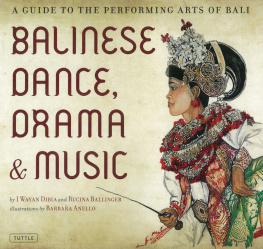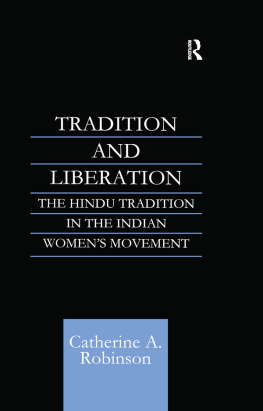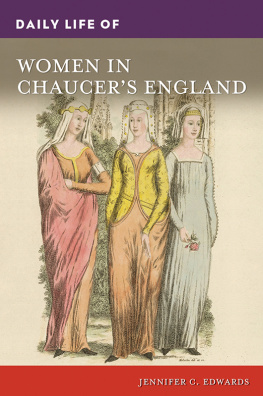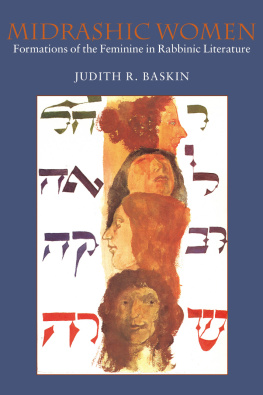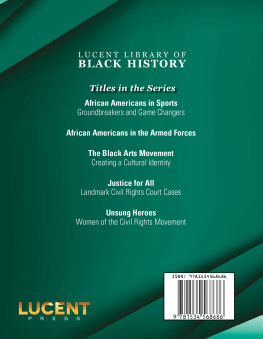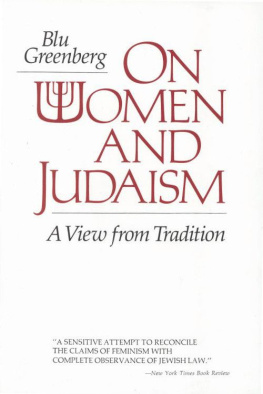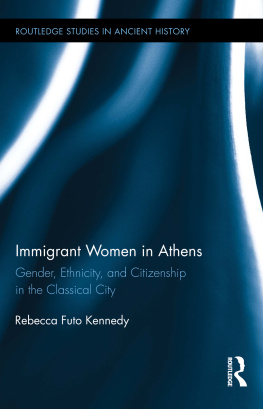Women in the Shadows
Ohio University Research in International Studies
This series of publications on Africa, Latin America, Southeast Asia, and Global and Comparative Studies is designed to present significant research, translation, and opinion to area specialists and to a wide community of persons interested in world affairs. The series is distributed worldwide. For more information, consult the Ohio University Press website, ohioswallow.com.
Books in the Ohio University Research in International Studies series are published by Ohio University Press in association with the Center for International Studies. The views expressed in individual volumes are those of the authors and should not be considered to represent the policies or beliefs of the Center for International Studies, Ohio University Press, or Ohio University.
Executive editor: Gillian Berchowitz
Southeast Asia Series consultants: Elizabeth F. Collins and William H. Frederick
Women in the Shadows
Gender, Puppets, and the Power of Tradition in Bali
Jennifer Goodlander
OHIO UNIVERSITY RESEARCH IN INTERNATIONAL STUDIES
SOUTHEAST ASIA SERIES NO. 129
OHIO UNIVERSITY PRESS
ATHENS
2016 by the Center for International Studies
Ohio University
All rights reserved
To obtain permission to quote, reprint, or otherwise reproduce or distribute material from Ohio University Press publications, please contact our rights and permissions department at (740) 593-1154 or (740) 593-4536 (fax).
Printed in the United States of America
Previous versions of some of this research have appeared in publication elsewhere.
The books in the Ohio University Research in International Studies Series are printed on acid-free paper

26 25 24 23 22 21 20 19 18 17 16 5 4 3 2 1
Library of Congress Cataloging-in-Publication Data
Names: Goodlander, Jennifer, 1975 author.
Title: Women in the shadows : gender, puppets, and the power of tradition in Bali / Jennifer Goodlander.
Description: Athens : Ohio University Press, [2016] | Series: Ohio University research in international studies. Southeast Asia series ; no. 129 | Includes bibliographical references and index.
Identifiers: LCCN 2016026047| ISBN 9780896803039 (hc : alk. paper) | ISBN 9780896803046 (pb : alk. paper) | ISBN 9780896804944 (pdf)
Subjects: LCSH: Shadow showsIndonesiaBali Island. | Women PuppeteersIndonesiaBali Island. | Wayang. | Sex roleIndonesiaBali Island. | EthnologyIndonesiaBali Island. | Bali Island (Indonesia)Civilization.
Classification: LCC PN1979.S5 G66 2016 | DDC 791.5309598/62dc23
LC record available at https://lccn.loc.gov/2016026047
I dedicate this book in the memory of my mother.
Contents
Figures
Acknowledgments
Like any theater production, this research and the final written product resulted from the help and advice of many generous people. I especially wish to thank William F. Condee, who fostered my love of Balinese wayang kulit. He challenged me to use performance in my study and scholarship, which has provided insight and guidance through every step of this journey. I also thank Ed Menta for introducing me to Asian performance and challenging me to find connections between that and my interest in feminist theater and gender studies. This book is my response to that challenge.
I am grateful for wonderful colleagues at the University of Kentucky, Indiana University, and among the membership of the Association for Asian Performance (AAP). Andrew Kimbrough provided insightful comments on many versions of several chapters. Kathy Foley and the others at the AAP have given me invaluable advice and friendship. I am honored to be a part of such a wonderful community of scholars and artists who share my love of Asian performance. I heartily thank the reviewers of this manuscript for their thoughtful comments and the guidance of Gillian Berchowitz and Elizabeth Collins at Ohio University Press. Finally, I am so grateful for the supportive environment and wonderful colleagues at Indiana University in the Department of Theatre, Drama, and Contemporary Dance, the Mathers Museum of World Cultures, and the Center for Southeast Asia and ASEAN Studies.
I spent many months in Bali over a period of several years, developing the ideas and research that are contained in these pages. Such prolonged study would not be possible without generous financial support from many sources. The Graduate Student Senate of Ohio University awarded me a Research and Creative Activities grant, which partially funded my first trip to Bali. A Student Enhancement Award, also from Ohio University, gave me a second summer in Bali to study Balinese language and secure my research contacts. That trip was Gene Amarals idea and I am grateful for his support. I then spent ten months in Bali, from December 2008 until October 2009, on a Fulbright Fellowship to Indonesia, which is an amazing program for cultural exchange and research. Elizabeth Clodfelter was instrumental in helping me with the application process. Finally, funding from the University of Kentucky and a Mellon Innovating International Research, Teaching, and Collaboration award from Indiana University allowed additional time in Indonesia.
I cant begin to express adequate thanks for my many friends, family, and informants in Bali. The group udamani and Emiko Susilo introduced me to Balinese performing arts and culture. I Nyoman Sedana supported my application for the Fulbright, provided assistance along the way, and was the initial force behind my opportunity to perform at the Ubud Festival. I am extremely thankful for his wonderful advice and insight. Ni Made Murniati (called Kadek in this book) took me in as family, tirelessly led me around Bali, and answered my many questions. She and her family took care of me when I was sick or lonely and were the ones present to celebrate my successes. I am a better person for knowing her, her husband, and her children. At the arts university in Bali, Anak Agung Ayu Kusuma Arini served as my research counterpart and was extremely generous with her time and energy. I enjoyed watching her teach gambuh at the university, and I was honored to dance at a celebration at her house. I am indebted to the many other dalang, dancers, artists, and friendstoo many to namewho influenced and helped me with my research. I must thank I Wayan Tunjung, my puppet teacher and dear friend. He and his family will always be close to my heart; words cannot express enough gratitude for all you have done for me. Matur suksema.
Finally, I thank my family for always believing in me. My father and mother spent countless hours driving me to rehearsals and performances; those hours are the foundation of my love for theater. My sister Kim has always been a great friend and confidant. She along with her husband, Dino, and children, Cooper and Natalie, fill my life with many riches. And finally, I want to acknowledge my partner, wife, and best friend, Tina. Thank you for sharing this adventure with me.
Note on Language and Terms
Research and writing about wayang kulit in Bali requires the use and study of several languages: Indonesian, Balinese, and Kawi. Spelling for these languages is not consistent among sources. In this book I use the Tuttle Concise Indonesian Dictionary (revised in 2006) and the Tuttle Concise Balinese Dictionary (2009) as my primary sources for those languages. Most of my research was conducted in Indonesian, and unless otherwise indicated all foreign terms are in Indonesian. For Kawi, I rely on the spellings and punctuation given to me by my sources in Bali. I am grateful to I Nyoman Sedana for his assistance with the Kawi and often providing translations.


